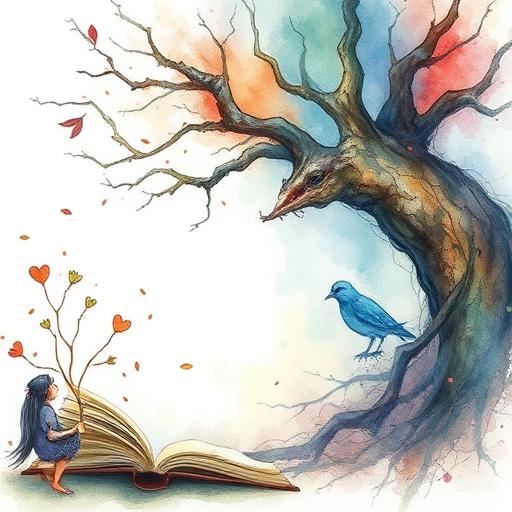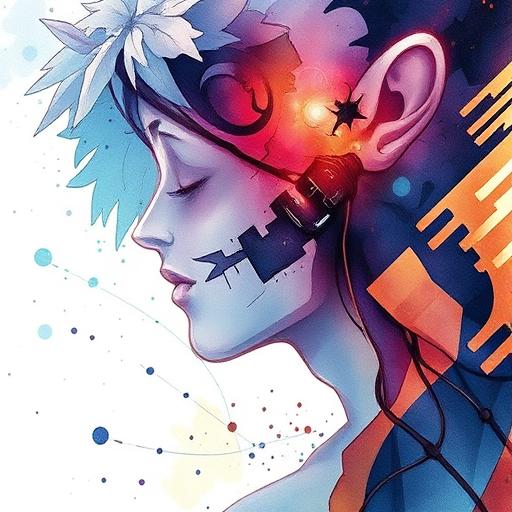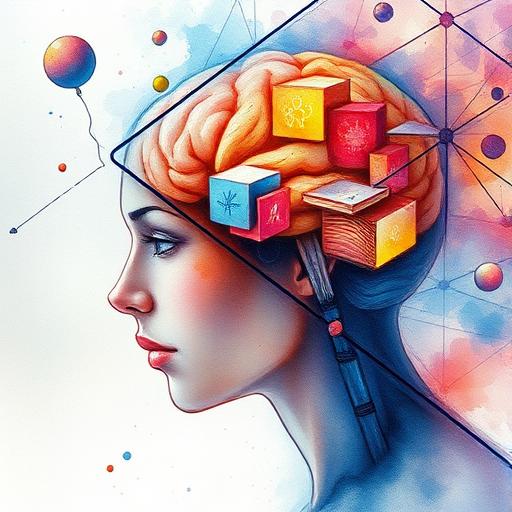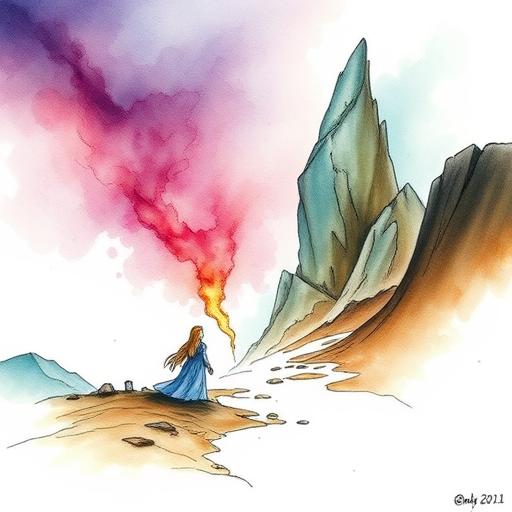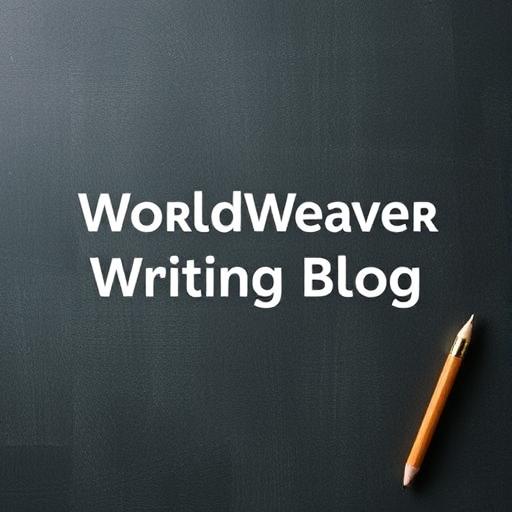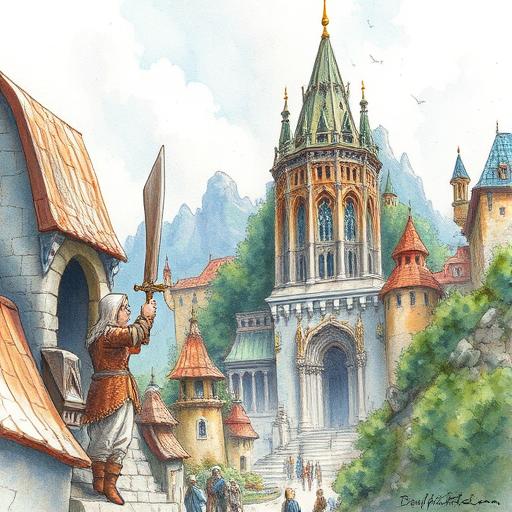Exploring the Psychology of Creative Writing and its Impact on Stories
This article delves into the psychological aspects of creative writing, exploring how authors' thoughts, emotions, and experiences shape their stories, and provides tips for writers to craft more nuanced and engaging narratives. By understanding the psychology behind creative writing, writers can develop more realistic characters, plotlines, and world-building.
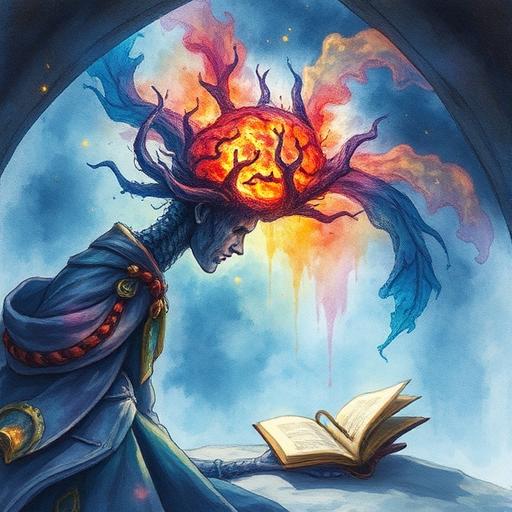
Introduction to the Psychology of Creative Writing
The psychology of creative writing is a fascinating topic that explores the mental processes and emotions that drive authors to create. It's a complex and multifaceted field that draws from psychology, neuroscience, and literature. At its core, the psychology of creative writing is about understanding how writers think, feel, and behave when crafting their stories.
The Power of Personal Experiences
Writers often draw from their personal experiences, memories, and emotions to create authentic and relatable characters. This process is known as "emotional recall," where authors tap into their own feelings to bring their characters to life. For example, J.K. Rowling's experiences with depression and anxiety influenced her portrayal of mental health in the Harry Potter series.
- Personal experiences can shape character development and backstory
- Emotions and memories can inspire plot twists and conflicts
- Authors' own biases and perspectives can influence world-building and setting
Understanding Character Motivations
Characters' motivations are a crucial aspect of storytelling, driving the plot forward and creating tension. To craft believable characters, writers must understand what motivates them, including their desires, fears, and goals. This is where psychology comes in, helping authors to create nuanced and realistic character motivations. For more on character development, check out our article on exploring the intersection of psychology and fictional character development.
The Impact of Psychology on World-Building
World-building is a critical aspect of fantasy writing, requiring authors to create immersive and detailed environments. Psychology plays a significant role in world-building, as authors must consider the social, cultural, and historical contexts that shape their world. This includes understanding how different cultures and societies interact, conflict, and cooperate. For tips on creating diverse and inclusive worlds, read our article on writing diverse and inclusive stories beyond fantasy genres.
| World-Building Element | Psychological Consideration |
|---|---|
| Culture | Social norms, values, and customs |
| History | Historical events, cultural heritage, and mythology |
| Politics | Power structures, social hierarchies, and conflict |
Collaborative Storytelling and Community
Writing is often a solitary activity, but it doesn't have to be. Collaborative storytelling and community-building can be a great way to stimulate creativity and improve writing skills. By working with other writers, authors can gain new insights, feedback, and support. Check out our article on building a writing community and collaborative storytelling techniques for more on this topic.
Conclusion
The psychology of creative writing is a rich and complex field that offers valuable insights for writers. By understanding the psychological aspects of writing, authors can craft more nuanced and engaging stories, characters, and worlds. Whether it's tapping into personal experiences, understanding character motivations, or building immersive worlds, psychology plays a significant role in the creative writing process. As writers, we can learn from the greats, like Neil Gaiman, who said, "The one thing that you have that nobody else has is you. Your voice, your mind, your story, your vision. So write and draw and build and play and dance and live as only you can."
Comments
Comments are hidden to save bandwidth. Load them when you want to read or leave one.
